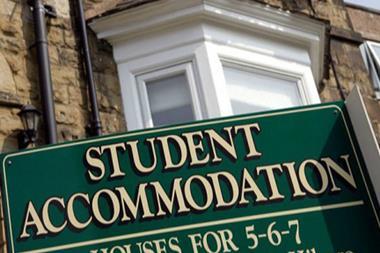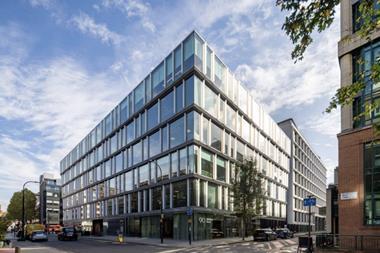UK – The Bank of England should act to stop UK house prices rising too fast by taking steps such as capping mortgage lending, according to the Royal Institution of Chartered Surveyors (RICS).
Allowing house prices to rise by more than 5% a year could lead to another housing bubble, reckless bank lending and a dangerous build up in household debt, RICS warned in a research document.
Joshua Miller, senior economist at RICS, said: "The Bank of England now has the ability to take the froth out of future housing market booms, without having to resort to interest rate increases."
Such action would send a clear statement to the public and the banking sector, he said, thereby managing expectations about future house price rises.
The bank could implement a specific policy on limiting house price growth, RICS said, by capping elements such as loan-to-value ratios, loan-to-income ratios and mortgage durations.
Alternatively, it could put ceilings on how much banks are allowed to lend should prices exceed a specified limit.
As well as discouraging households from taking on too much debt because they are afraid of missing out on a price boom, a central bank limit on price rises would make lenders less likely to rush into easing their lending standards in the competition for clients, RICS said.
"Firmly anchored house-price expectations would limit excessive risk taking and, as a result, limit an unsustainable rise in debt," Miller said.
The study pointed out that schemes of this kind had been used in Canada between 2008 and 2012, when the governor of the Bank of England Mark Carney was at the helm at the Bank of Canada.
Then, the Canadian national regulator took steps including gradually cutting the minimum mortgage repayment period, capping how much buyers could borrow in relation to their deposit and implementing tougher credit checks, it said.
"It is widely acknowledged that these measures significantly eased the pressure on the nation's market," RICS said.
However, residential property investment firms warned against such action from the UK central bank.
London Central Portfolio (LCP) said RICS had added fuel to a fire started by government ministers warning of serious house inflation signs after July's 1% monthly rise in house prices in England and Wales.
LCP said its own analysis showed fears of a house price bubble were premature.
At 0.67% a year between July 2006 and July 2013, current price growth was far below the long-term average of 9.4% per year since 1969, the firm said.
"Knee-jerk reactions to short-term movements are not helpful and should be tempered by a proper understanding of market dynamics," said Hugh Best, LCP's head of investment.
Residential property prices in the UK moved in cycles, he said, with periods of growth usually followed by periods of consolidation.
"Capping growth at 5% a year, as RICS suggests, completely ignores this dynamic," he said.
Meanwhile, residential property fund manager Hearthstone Investments also pointed to possible negative consequences of the suggested cap.
Adrian Gaspar, the firm's technical sales manager, said: "The complexities created by regional differences in UK house-price movements would present huge challenges to implementing such a scheme."
What is more, the RICS report itself also flagged up several unintended but potentially damaging consequences, he said – in particular, exacerbating today's housing supply shortage.












